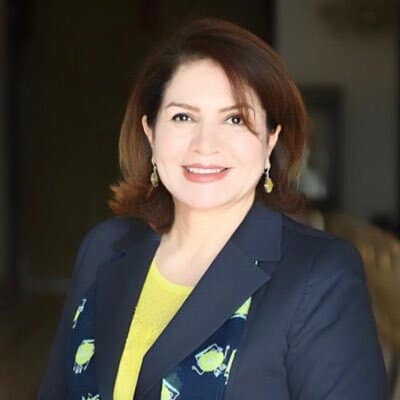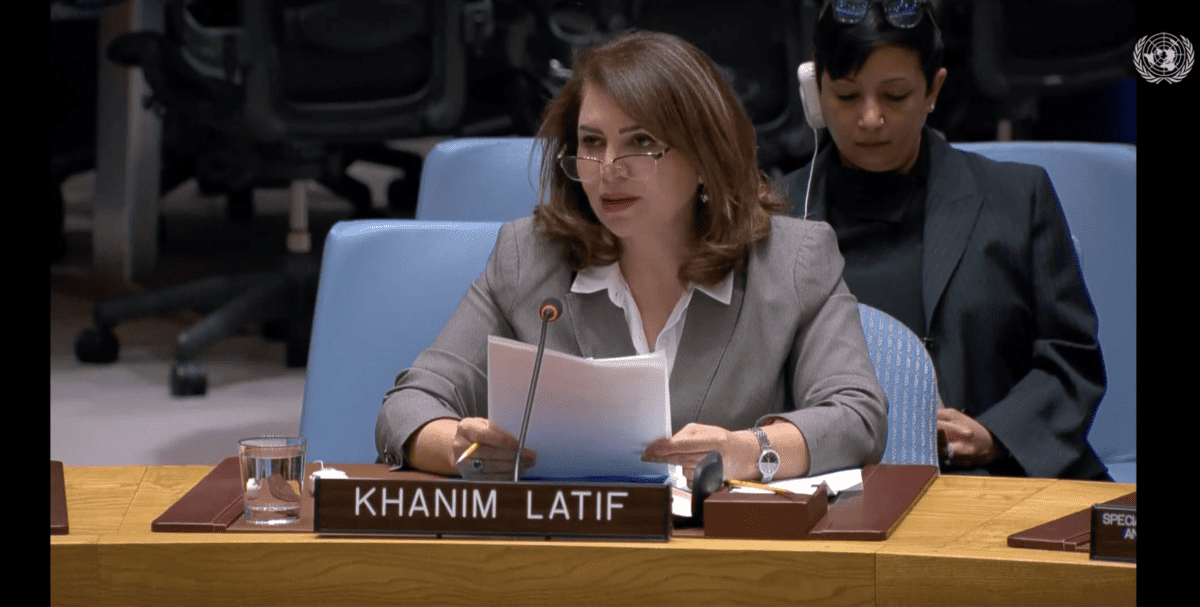Khanim Latif
Khanim Latif is the Founder and Director of Asuda, an independent NGO combating violence against women. Ms. Latif founded Asuda in 2001, and one year later, founded the Asuda Women’s Shelter, which was the first women’s protection shelter in Iraq. Under Ms. Latif’s leadership, Asuda has been instrumental in providing direct emergency assistance, medical assistance, psychological counselling, economic empowerment and livelihood support for thousands of survivors of gender-based violence, including Syrian refugees and IDPs. After the horrifying crimes committed by the Islamic State in Mosul and Sinjar, including the kidnapping of thousands of Yazidi women and girls, Asuda provided immense support to the survivors, assessed their needs, and brought their plight to the international community. Ms. Latif was one of the pioneers who drew the attention to the Yazidi women’s issue and the violence committed against them.
Despite the religious, cultural, social, and political constraints and the absence of a law about women’s shelters and women’s rights violations in Iraq, Ms. Latif has consistently advocated for survivors of gender-based violence. Between 2019 to 2022, Ms. Lateef worked as the Iraqi President’s Advisor for women and civil society affairs. She has also worked extensively on implementation of Security Council resolution 1325 in Iraq and Kurdistan and is a founding member of Iraq’s National Action Plan on 1325 Coalition. Ms. Latif was awarded the Vital Voices Global Leadership Award for Human Rights in 2016 for her work on women's rights in Iraq and is currently an active member of VV100, a group of selected members of the 100 most engaged and visionary members of the Vital Voices Global Leadership Network.
Excellencies, without protection from violence and freedom from discrimination, women cannot engage fully or equally on the political, social, and economic levels. The prevalence of gender-based violence not only violates women’s basic human rights as guaranteed by international standards outlined in CEDAW, ratified by Iraq, but also violates Security Council resolutions on women, peace, and security that have, for more than 20 years, emphasized the important linkages between protection and participation. For women to have a voice in determining their country’s future, the violence must end.

